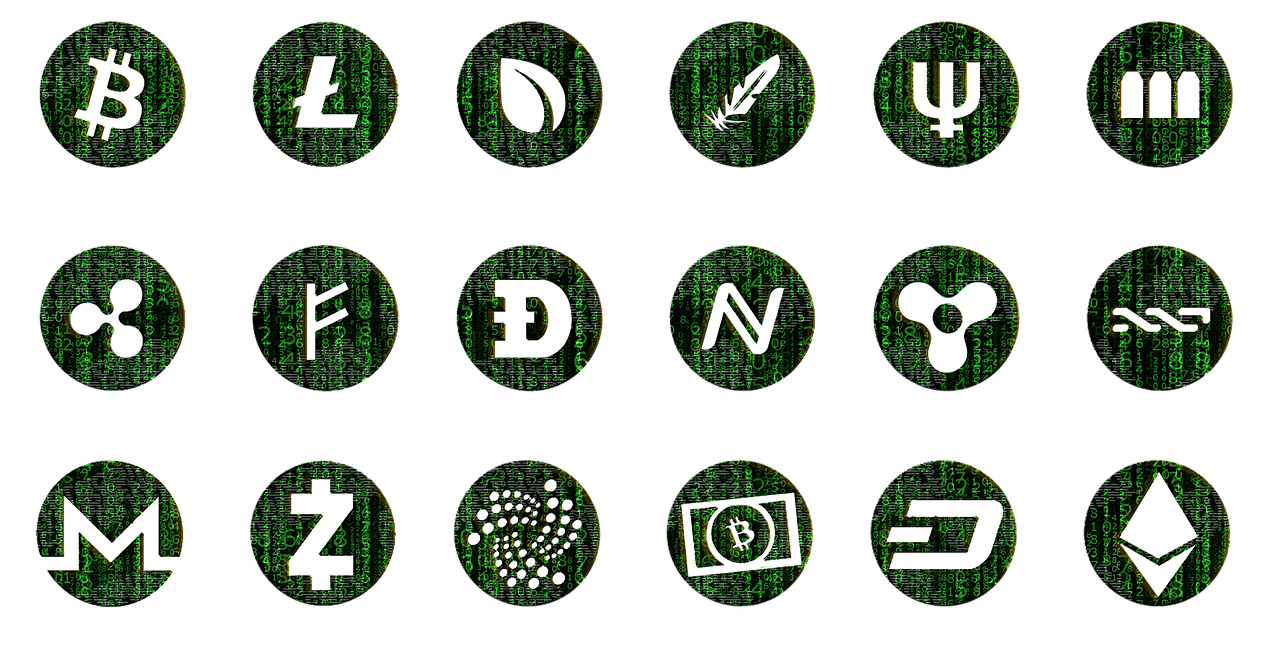Dash (DASH) is a well-known name in the cryptocurrency industry and it was once regarded as one of the top privacy-focused digital assets in the space. As a matter of fact, in its white paper, the currency claimed itself to be a ‘privacy-centric cryptographic currency’. However, according to the body that’s overseeing its development known as the Dash Core Group, the cryptocurrency is no longer operating under this same classification. CMO for the Dash Core Group, Fernando Gutierrez was questioned whether Dash should be classified as a privacy asset or not. In response, he said that it wasn’t a privacy asset, but was a payment cryptocurrency.
He also added that Dash’s focus was more on usability, which included cost, speed, and ease of use, along with user protection via optional privacy. Dash was launched back in 2014 as a fork of Bitcoin. Originally, the cryptocurrency had been known as XCoin and had then changed its name to DarkCoin. Then another and final name change was made when it settled on Dash and positioned itself to be an asset focused on privacy. The same was mentioned in the crypto’s white paper that was published. Along with Dash, two other cryptocurrencies had come to life that were also assets focused on anonymity.
These two cryptocurrencies were Monero (XMR) and ZCash (ZEC), which were introduced in 2014 and 2016, respectively. From Gutierrez’s comment, it is evident that Dash is no longer focused just on privacy, although the currency still boasts a feature known as PrivateSend. This provides its users the option of anonymity. The CMO explained that CoinJoin is the name of the technology that’s used by Dash for providing its PrivateSend function. This is basically a technique that complicates transactions so much that it can become difficult for even an analytics firm to analyze them.
The CoinJoin approach had been introduced back in 2013, which essentially allowed Bitcoin users to combine their transactions in a group as this would make it more difficult for anyone to track them. Essentially, the same approach was adopted by Dash and it became a more convenient option for Dash users because it was built-in. In recent times, privacy assets have been dealing with a great deal of scrutiny from governing bodies, which was made obvious by the $625,000 bounty being offered by the IRS for cracking Monero. Gutierrez said that the Dash Core Group didn’t have any stance on the offer made by the IRS.
He said that it didn’t apply to Dash or threaten it in any way because their blockchain is public. He said there is nothing that needs to be broken because their approach to privacy is not based on encryption. He added that for the most part, Dash wasn’t much different from Bitcoin. The IRS bounty was recently won by two blockchain analytics companies Integra FEC and Chainalysis, as they were able to crack Monero for them. Dash seems to be taking a different path altogether as it evolves and keeps up with the changes in the market.
